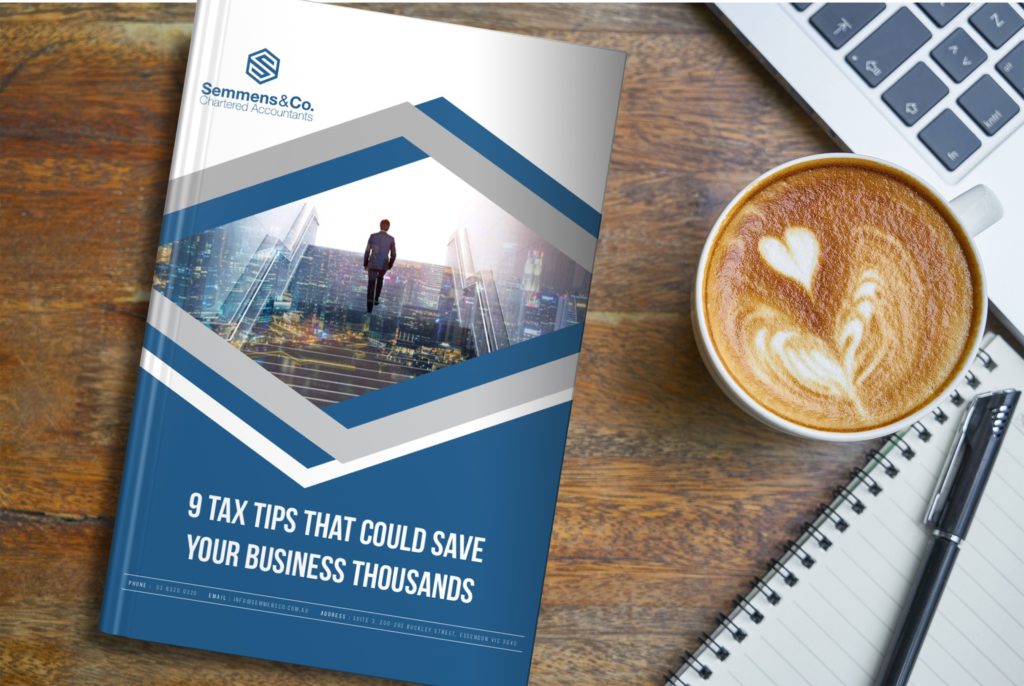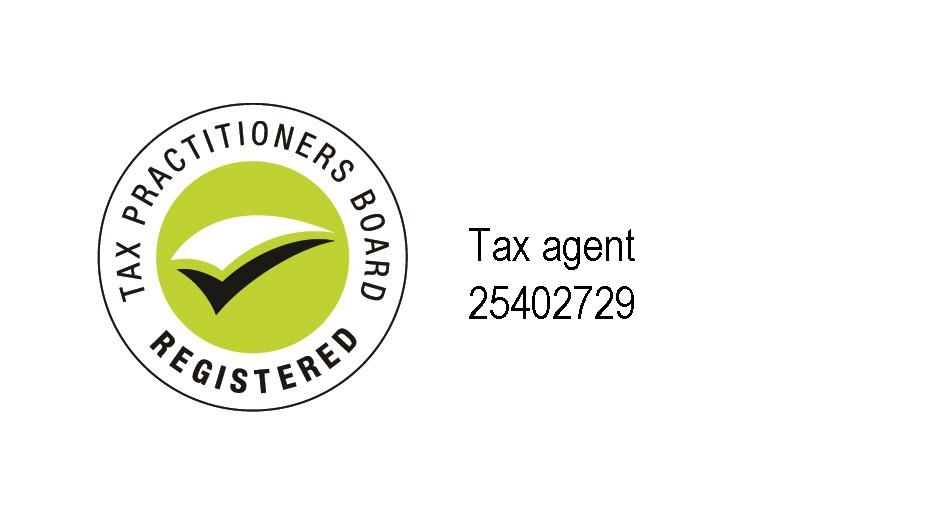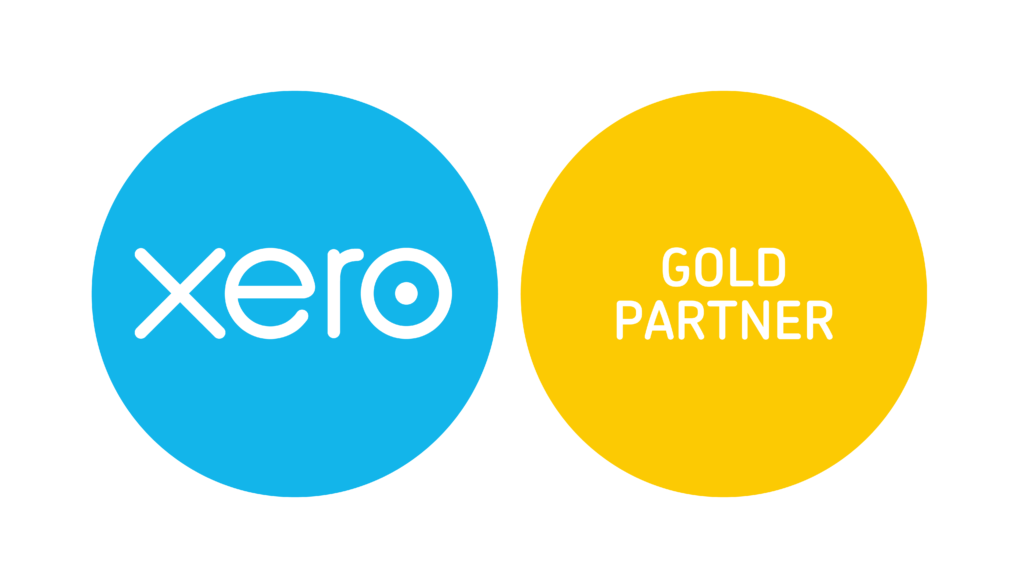Fringe Benefits Tax for Company Work Vehicles

Fringe Benefits Tax (FBT) is a tax paid by businesses on various benefits provided to employees and their families. These ‘fringe benefits’ are commonly paid for by the business but used as an opportunity to reward and recognize the contribution of employees. Thereby fringe benefits act as an enticement to workers, by placing burden of the tax liability on the business rather than the employee. It’s most commonly used for items like cars, mobile phones and devices, computers and laptops, protective clothing and meals and entertainment. The business then has an opportunity to claim an FBT exemption for the items that qualify.
FBT for Work Vehicles Explained
FBT for a work vehicle arises when an employer makes a business owned car (that it owns or leases) available for the private use of an employee (or the car is treated as being available). The following types of cars (including four-wheel drives) are included by definition:
- motor cars, station wagons, panel vans and utilities (excluding panel vans and utilities designed to carry a load of one tonne or more);
- all other goods-carrying vehicles designed to carry less than one tonne; and,
- all other passenger-carrying vehicles designed to carry fewer than nine occupants.
As a business owner, you are making a car available for private use by your employee if:
- the car is used for private purposes; and/or,
- the car is available for the private use.
A car is treated as being available for private use by an employee if:
- the car is not at your premises and, it is permissible for the employee to use it for private purposes; and/or,
- the car is garaged at the employee’s home overnight.
If a business car is garaged at an employee’s home is treated as being available for the private use, regardless of whether they have permission to use it for private purposes or not. Similarly, where the place of employment and residence are the same, the car is taken to be available for the private use of the employee.
As a general rule, any travel to and from work is deemed to be private use of a vehicle.
If the business car is in a workshop for extensive repairs (for example, after a motor vehicle accident) it is deemed not to be available for ‘private use’. However, the business car is ‘available for private use’ when it is out for routine servicing or maintenance.
If you hire a car for less than three months, you are not considered to ‘hold’ the car and therefore, it will not be deemed a fringe benefit. However, if you make the rental car or taxi available to an employee for private use (for less than three months) a residual fringe benefit may arise – which is another form of tax. Private use of a company vehicle that is not a car may also trigger residual fringe benefits.
The private use of a motor vehicle is exempt from FBT if all of the following conditions are met:
- the vehicle is a panel van, utility (ute) or other commercial vehicle (that is, one not designed principally to carry passengers)
- the employee’s private use of such a vehicle is limited to
- travel between home and work
- travel that is incidental to travel in the course of duties of employment
- non-work-related use that is minor, infrequent and irregular (for example, occasional use of the vehicle to remove domestic rubbish)
However, it is important to note the following example when considering business owned car tax rules. If ABC Company has a vehicle that is a car and allows it to be used by an employee for private use and, the use exceeds the limitations set out above, you could be liable for a significant FBT bill. In this case, if you elect to use the operating cost method to calculate FBT, your employee’s use of the car may not be deemed as minor and infrequent, and all of the private use of the car, including travel between home and work, will be taken into account when determining the business percentage. In this case, if no log book records have been kept, the percentage of private use will be deemed as 100% and thereby attract a significant fringe benefits tax liability.
Businesses can also claim a deduction for the running expenses of a work vehicle if an employee or their associate (such as a spouse) uses the vehicle for private purposes but keep in mind:
- your business may pay fringe benefits tax (FBT)
- the private portion of the vehicle expenses that are subject to FBT, are tax deductible
- the FBT you pay is tax deductible
- you may be asked to show how the expenses were connected to the business.
If the business provides a work vehicle to a shareholder or their associate (in a capacity other than an employee), it may be viewed as a dividend or loan (Division 7A) which could impact the deductibility of your motor vehicle expenses.

Minor, Infrequent an Irregular Use Explained
Previously, the ATO definition of ‘minor, infrequent and irregular’ use was undefined however, in 2018 the ATO made an effort to provide tax agents and business owners with clarity. The following improved definitions and guidelines apply to the 2019 FBT year and onwards.
The ATO guidance is that employees are now allowed up to 1,000 kilometres of private travel in company cars per annum, so long as no single return journey exceeds 200 kilometres.
This clarity now brings into question the fringe benefits status of popular double-duty cars such as Toyota Hi-Lux or Ford Rangers, which have carrying capacities under 1 tonne, dual cabs and had the added advantage of being able to ferry around a family of five. Whilst these vehicles previously snuck under the FBT exemption threshold, they may now fall into the FBT tax net. Under the new guidelines, employees who have been using these vehicles for ‘minor and infrequent’ private travel, will now need to be vigilant in the amount of use over a year, as the penalties could be significant. The penalty could be as steep as 20% of the base value of the vehicle in FBT tax, as unless they’ve been keeping logs (this is based on use of the statutory method in calculating FBT).
Example: ABC Company purchases a new Toyota Hi-lux for $54,440, with the intention of claiming an FBT exemption. They allow an employee to use the company vehicle for private use after work and on the weekends and over the course of the year, the km exceed 1000km, but ABC Company fails to keep log books.
ABC Company will be liable for a $10,888 tax bill.
For those businesses purchasing luxury vehicles, as of 2019, business owners may find themselves liable for fringe benefits, and have to pay 20% of the base value, unless they start keeping appropriate logs.
Business owners who will be most affected by this are those who have purchased their own vehicle under the guise of the business, but it is predominantly used privately. For those business owners, it may not be a sudden tax bill but rather a request for further information, as the use will need to be substantiated with appropriate data on what’s private versus business use.
If you have any questions or need advice and clarity specific to your business, feel free to contact Semmens & Co on 03 8320 0320 for a free consultation. If you’re looking for more information on how to maximize tax benefits for your business, download our e-book Top 9 Tax Tips That Could Save You Thousands or, learn more about these strategies by registering to attend our webinar.







